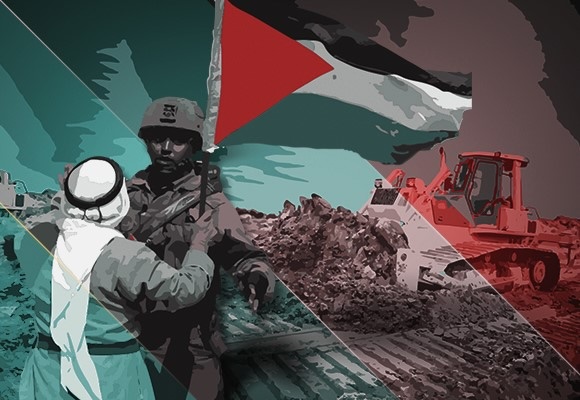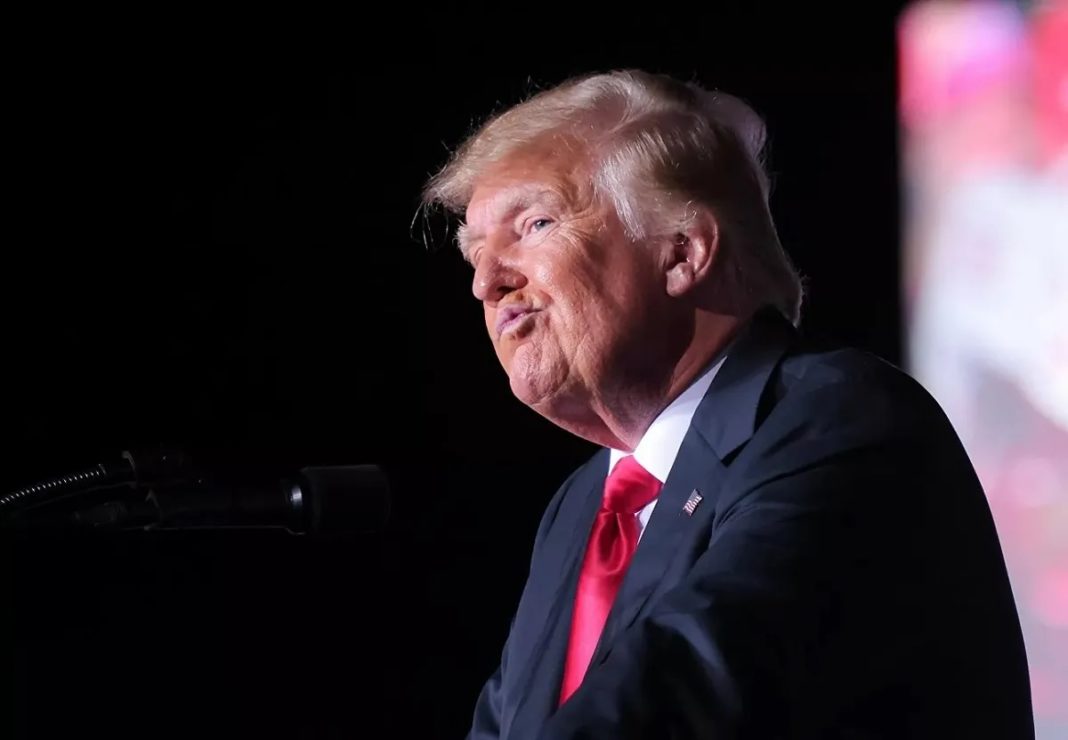Gabriel G Tabarani*
While Gaza is besieged by war, hunger, and suffering, and tensions are spreading across the Middle East due to the Palestinian issue, most recently the 12-day war between Iran and Israel, Europe cannot remain a bystander. The European Union, long a marginal party to the Israeli-Palestinian conflict, must step out of the shadows and assume a more assertive and principled role in shaping peace. This must be done not only out of moral obligation, but also out of self-interest.
For decades, the EU has treated this conflict as a complex puzzle that it would prefer to leave to the United States and regional actors. But in doing so, it has forfeited significant influence—economically, diplomatically, and morally. This detachment or distancing is not neutrality, but an abdication of responsibility.
It is time for Europe to assume its unique responsibility in the region. Centuries of colonial exploitation, the spread of anti-Jewish ideologies in Europe that led to the Holocaust, and complicity in the partition of the Middle East after the fall of the Ottoman Empire paved the way for today’s tragedies. European powers played a pivotal role in creating and betraying the promise of Palestinian statehood, just as they played a pivotal role in creating the conditions that drove Jews to seek safety in a homeland of their own at the expense of a people who were mercilessly displaced. Europe cannot claim to support human rights, peace, and international law while remaining neutral in the world’s most enduring and consequential conflict.
Europe must realize that Israel’s security and the Palestinians’ right to self-determination are not two conflicting goals. Both are essential pillars of any sustainable peace. This requires confronting not only Hamas and its recent actions on November 7, 2023, but also Israel’s ongoing violations of international law—including its crimes against humanity in Gaza, illegal settlement expansion in the occupied West Bank, disproportionate military force against defenseless Palestinians, and the destruction of EU-funded infrastructure.
Europe’s first step must be internal: overcoming its fragmentation and divisions. Some EU members support the International Criminal Court’s investigations, while others obstruct the implementation of its orders and decisions. Some support recognition of a Palestinian state, while others hesitate. This division is not merely a bureaucratic dispute; it is a geopolitical deficit.
The EU should adopt qualified majority voting on key foreign policy decisions. If consensus cannot be reached, a coalition of willing member states must step forward and exercise the EU’s external policy tools. Europe’s paralysis is not just a failure of process; it is a betrayal of principles.
Second, the EU must leverage its considerable influence. It is Israel’s largest trading partner, the largest donor to the Palestinian Authority, and a consistent supporter of multilateral diplomacy. Yet it rarely enforces the conditions and rules it sets. The EU has rightly sanctioned Russian aggression, but it fails to act when the Israeli military commits genocide in Gaza and Israeli settlements in the West Bank violate international law. This double standard undermines Europe’s credibility and emboldens hardliners on both sides.
Europe should reconsider its Association Agreement with Israel. The treaty explicitly links preferential trade benefits to respect for human rights. When these rights are systematically violated, they should also be violated and their benefits revoked. This is not just about punishing Israel for its actions, but about defending the integrity of international law.
Recognizing a Palestinian state must be part of a renewed EU strategy. Fourteen member states have done so. Other countries, including major powers like France and Germany (and Britain), should follow suit. Recognition is not a reward for Hamas violence or a sanction for extremists in Israel; it is a prerequisite for serious diplomacy. Europe can only help shift political dynamics away from extremism by empowering moderate voices.
The EU must also support Palestinian democratic reform. The Palestinian Authority is bloated, opaque, and increasingly losing legitimacy in the eyes of its own people. Supporting accountability, transparency, and civil society must go hand in hand with external diplomacy. Palestinian youth, long disillusioned with their leadership, deserve a better future, and Europe has a role to play in empowering them.
With regard to Gaza, Europe should support the establishment of an international transitional authority tasked with stabilizing and reconstructing the territory. Drawing on its post-conflict experiences, Europe can lead sustainable reconstruction efforts and governance reform—efforts that place Gazans at the center of their recovery.
Furthermore, Europe must publicly support independent journalism and reject efforts to suppress investigations and reporting. The extremist Israeli government’s media blackout and Hamas’s suppression of dissent are two sides of a dangerous coin. Journalists must be allowed to do their work, and international justice mechanisms must be protected from intimidation and politicization.
Digital disinformation and online hate speech must also be vigorously countered. The EU’s Digital Services Act already provides a framework for transparency and oversight, and it must now be vigorously enforced, especially as incitement and conspiracy theories fuel violence on the streets of Europe itself.
Above all, Europe must finally act as a genuine geopolitical actor. Its experiences in peacebuilding, transitional governance, and reconciliation—from post-World War II Germany to the Balkans—make it uniquely qualified to lead. The EU has the institutions and the means, but what it lacks is the will.
This is the moment of truth for Europe. Either it rises to meet the challenges of its past and present, or it continues to watch from the sidelines, indifferently, as others shape the future of its neighborhood.
The Israeli-Palestinian conflict may seem intractable. But that is what a fragmented, divided, and war-torn Europe has always been like. Peace did not come from waiting, but from bold choices and moral clarity. Europe must now extend this same vision beyond its borde.
* This article was originally published in Arabic on the Asswak Al-Arab website.


